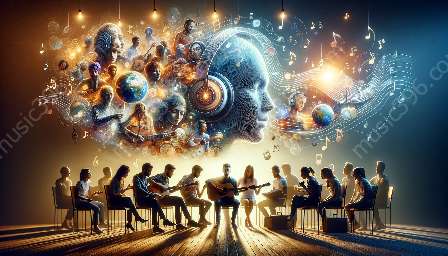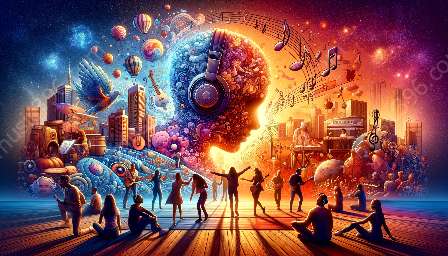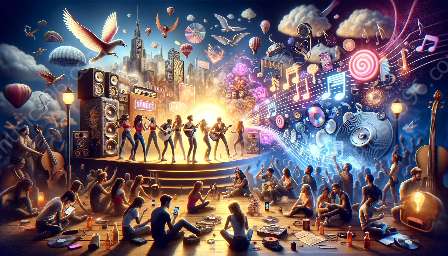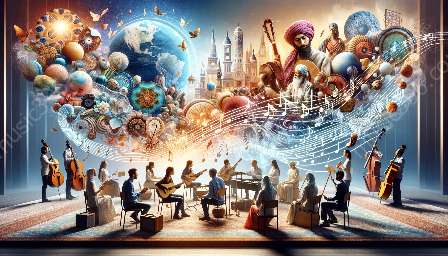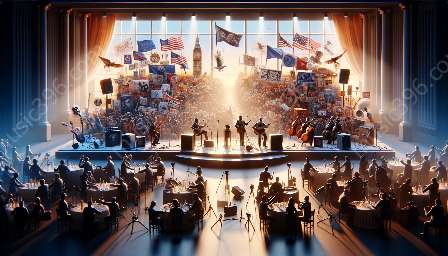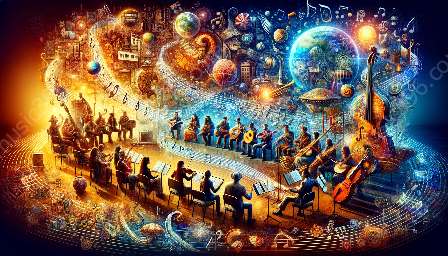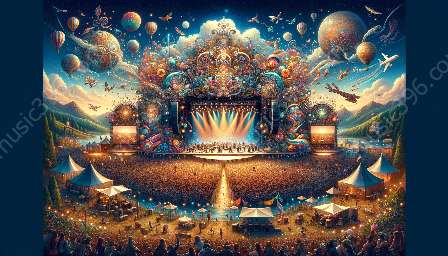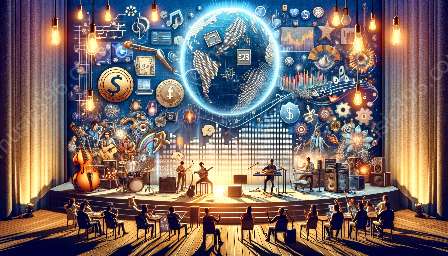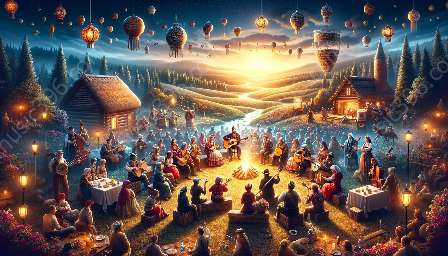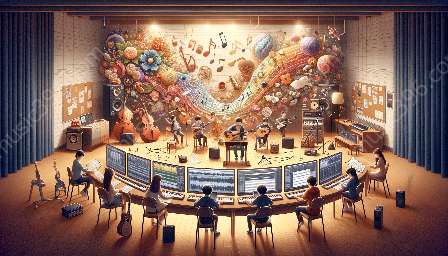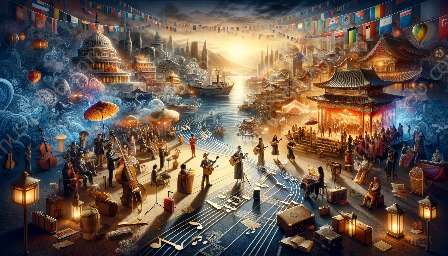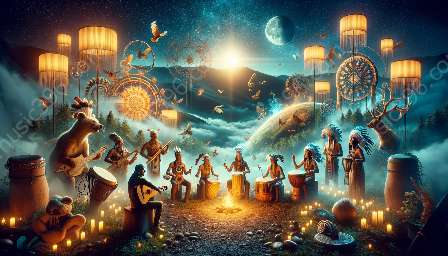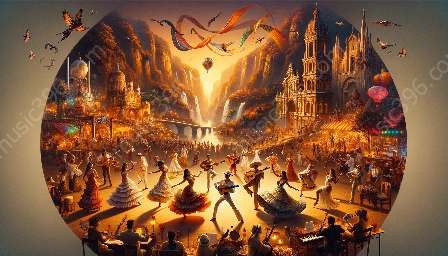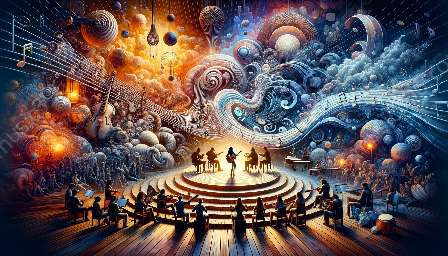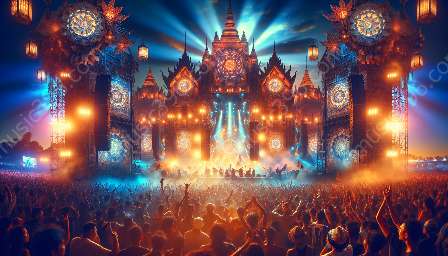Music festivals are more than just a celebration of music - they play a vital role in fostering community engagement and cultural exchange. This topic cluster explores the intersection of music festivals and culture, delving into how these events bring people together, celebrate diversity, and shape the cultural landscape.
Exploring the Relationship Between Music Festivals and Culture
Music has always been a powerful force in shaping culture and identity. Music festivals, as vibrant celebrations of musical diversity, serve as focal points for cultural exchange and expression. Whether it's traditional folk tunes, contemporary pop, or experimental sounds, music festivals provide a platform for artists from different cultural backgrounds to showcase their talents and share their unique perspectives.
The Role of Music Festivals in Fostering Community Engagement
One of the most compelling aspects of music festivals is their ability to bring communities together. These events attract people from diverse backgrounds, creating a space for intercultural dialogue and interaction. By offering a shared experience through music, festivals promote understanding and appreciation of different cultural traditions and genres. They provide an opportunity for individuals to connect and bond over a shared passion for music, transcending barriers such as age, ethnicity, and social status.
Music Festivals as Platforms for Cultural Preservation
In addition to fostering cultural exchange, music festivals often serve as platforms for preserving and promoting traditional music and art forms. Many festivals feature performances by local and indigenous artists, providing a stage for these communities to showcase their cultural heritage. This not only facilitates the preservation of traditional music but also helps to elevate the visibility and importance of cultural practices that might otherwise be marginalized.
The Impact of Music Festivals on Society
Music and culture are deeply interconnected, and their impact goes beyond mere entertainment. Music festivals contribute to local economies, tourism, and the overall social fabric of communities. They create opportunities for cultural tourism, drawing visitors from across the globe to experience the unique blend of music and local traditions. Moreover, festivals often incorporate elements of visual arts, culinary experiences, and workshops, enriching the cultural tapestry of the host region.
Empowering Communities through Music
For many communities, music festivals provide a platform for empowerment and self-expression. They offer opportunities for local artists to gain exposure and recognition, contributing to the vitality of the cultural scene. Furthermore, festivals can act as catalysts for social change, addressing societal issues and advocating for positive transformation through the universal language of music.
Celebrating Diversity and Inclusion
Music festivals celebrate diversity, offering a platform for artists from all walks of life to showcase their talents. As inclusive spaces, these events promote cultural understanding and appreciation, fostering an environment where people can engage with different perspectives and worldviews. By showcasing a wide array of musical genres and styles, festivals contribute to the preservation and celebration of global cultural heritage.
Conclusion
Music festivals play a pivotal role in promoting community engagement, cultural exchange, and social cohesion. They serve as catalysts for cross-cultural dialogue, transcend boundaries, and contribute to the enrichment of our global cultural landscape. By exploring the synergy between music and culture, we gain a deeper understanding of the profound impact that music festivals have on society, making them essential agents of community enrichment and cultural preservation.


